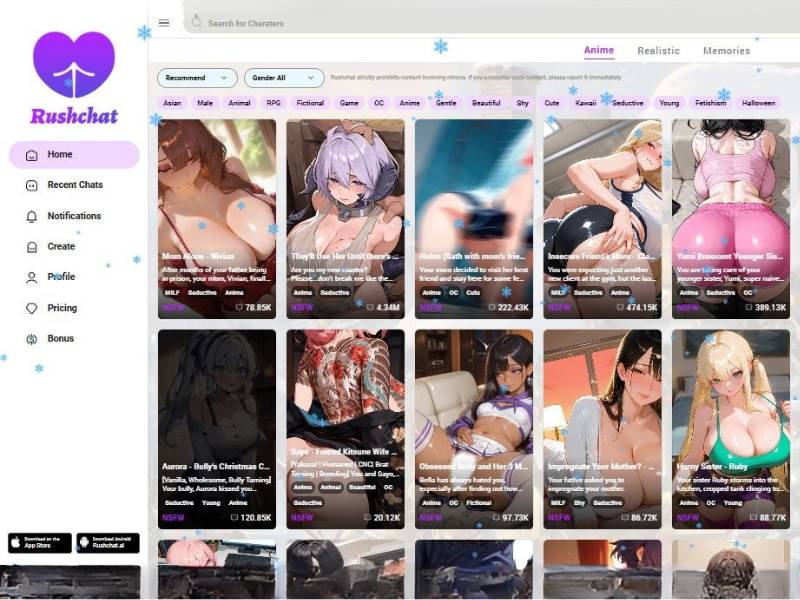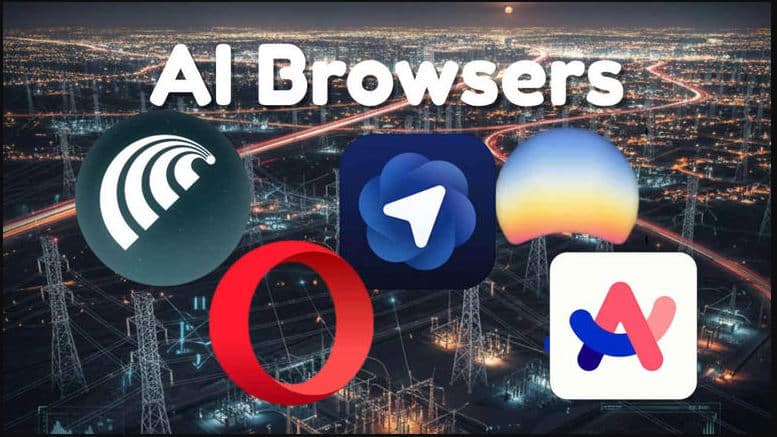OpenAI Is Facing Massive Backlash! What’s Really Happening in 2025?
In early 2025, OpenAI—the company behind ChatGPT—finds itself at the center of a perfect storm. What began as a celebrated pioneer of generative AI has now become a lightning rod for criticism from employees, users, researchers, and even its own co-founders.
From sudden leadership shakeups to controversial product launches and ethical missteps, OpenAI is facing unprecedented backlash that threatens its reputation, user trust, and long-term dominance in the AI race.
But what’s really going on? And more importantly—what does this mean for you as a blogger, freelancer, or online entrepreneur who relies on AI tools?
Let’s unpack the crisis, separate fact from rumor, and explore how you can navigate this shifting landscape wisely.
The Timeline of OpenAI’s 2025 Crisis
To understand the backlash, we need to look at the key events that triggered it.
January 2025: The “SearchGPT” Launch Backfires
OpenAI rushed to release SearchGPT, its answer to Google’s AI Overviews. But users quickly discovered:
- Factual errors in 30% of responses (per independent audits)
- Heavy reliance on low-quality web sources
- No clear citation system, leading to plagiarism concerns
Within 48 hours, #SearchGPTFail trended on X, with educators and journalists calling it “dangerously unreliable.”
February 2025: Internal Revolt at OpenAI
Over 300 employees signed an internal letter demanding transparency about safety protocols and product testing. The letter leaked, revealing:
- Leadership ignored engineers’ warnings about SearchGPT’s flaws
- Safety teams were sidelined in favor of “speed to market”
- CEO Sam Altman faced calls for accountability
This wasn’t just PR damage—it was a crisis of culture.
March 2025: Microsoft Expresses “Concerns”
As OpenAI’s biggest investor ($13 billion and counting), Microsoft’s public statement sent shockwaves:
“We remain committed to our partnership, but we expect higher standards of reliability and safety.”
Insiders say Microsoft is now accelerating its own AI models (built on Phi-4) to reduce dependence on OpenAI.
Why Is the Backlash So Severe?
This isn’t just about one flawed product. It’s about broken trust.
1. The “Move Fast” Mentality vs. Responsible AI
OpenAI once championed AI safety as its core mission. But in 2024–2025, it shifted to a “release-first, fix-later” approach—prioritizing competition over caution.
Users feel betrayed: “You told us you’d move slowly with AGI. Now you’re shipping broken tools for ad revenue.”
2. Lack of Transparency
Unlike competitors (e.g., Anthropic’s Constitutional AI), OpenAI no longer publishes detailed model cards or safety reports. This opacity fuels suspicion.
3. Monetization Over Mission
With ChatGPT Plus, Enterprise, and now SearchGPT, OpenAI is aggressively monetizing—while free users get degraded performance and outdated models.
“It feels like we’re beta testers for their paid products,” says one long-time user.
How This Affects You as a Content Creator or Online Earner
You might think: “I just use ChatGPT to write blog posts—why should I care?”
Here’s why it matters:
1. Declining Output Quality
Many users report that ChatGPT-4o (2025 version) is less accurate than its 2023 predecessor—especially for research-heavy tasks like:
- SEO content
- Product comparisons
- Technical tutorials
If your income depends on factually sound content, this is a real risk.
2. Rising Costs
OpenAI is pushing users toward paid tiers:
- ChatGPT Plus: $20/month
- Team plans: $30/user/month
- Enterprise: Custom pricing
For solopreneurs, this adds up—especially when free alternatives exist.
3. Ethical and Legal Exposure
Using AI-generated content that contains errors or plagiarized text could:
- Hurt your SEO rankings
- Damage your credibility
- Expose you to legal risk (e.g., copyright claims)
⚠️ Pro Tip: Always fact-check AI output—especially from OpenAI tools in 2025.
What Are the Alternatives? (And Are They Better?)
The good news? You have options.
Top OpenAI Alternatives in 2025
| Claude 4 (Anthropic) | High accuracy, ethical design, strong reasoning | Bloggers, researchers, writers |
| Gemini 2.0 (Google) | Deep integration with Google Workspace, real-time data | Marketers, data analysts |
| Grok 4 (xAI) | Real-time X data, bold opinions, free for X Premium+ | Social media creators, trend watchers |
| Mistral Large 2 | Open-weight, privacy-focused, fast | Developers, privacy-conscious users |
💡 Smart Strategy: Don’t rely on one AI. Use Claude for research, Grok for trends, and Gemini for data—then write your own unique take.
How to Protect Your Online Business in the AI Turmoil
Don’t panic—adapt. Here’s how:
1. Diversify Your AI Toolkit
Stop depending solely on ChatGPT. Test 2–3 alternatives and build workflows around the best for each task.
2. Add Human Oversight
Treat AI as a first draft assistant, not a final publisher. Always:
- Verify facts with primary sources
- Edit for voice and clarity
- Add personal insights
3. Build Your Own Knowledge Base
Use AI to organize your notes, research, and templates—so you’re less dependent on live models. Tools like Obsidian or Notion + AI plugins help.
4. Focus on What AI Can’t Replicate
Your unique perspective, experience, and storytelling are your real assets. AI can’t fake authenticity.
Frequently Asked Questions (FAQs)
Is OpenAI collapsing?
No—but it’s under serious pressure. It still has massive resources and talent. However, its monopoly is ending, and competition is heating up.
Should I stop using ChatGPT?
Not necessarily—but use it critically. Avoid it for medical, legal, or financial advice. For creative brainstorming or drafting, it’s still useful.
Are other AI companies safer?
Generally, yes. Anthropic (Claude) and Google (Gemini) have stronger safety cultures. xAI (Grok) is bold but transparent about its limitations.
Will OpenAI recover?
Possibly—if it listens to critics, slows down, and re-commits to safety. But trust, once broken, is hard to rebuild.
Can I still make money using AI in 2025?
Absolutely! The key is using the right tool for the right job and adding your human value on top.
What’s the biggest risk for bloggers right now?
Publishing AI-generated content without fact-checking. Google’s 2024 “Helpful Content Update” penalizes low-effort, inaccurate AI posts.
Final Thoughts: Opportunity in the Chaos
OpenAI’s backlash isn’t just a crisis—it’s a wake-up call for the entire AI industry. And for smart creators like you, it’s also an opportunity.
While others panic or blindly follow one brand, you can:
- Stay informed
- Choose tools wisely
- Build resilient, human-centered content
That’s how you’ll not just survive the AI shakeout—but thrive in it.
🔔 Join the Conversation
If you’ve noticed changes in ChatGPT’s quality or have switched to another AI:
- Share your experience in the comments
- Follow Smart AI Blog for unbiased, practical guides on AI tools that actually work
- Bookmark this page—we’ll update it as the OpenAI situation evolves
The future of AI isn’t owned by one company. It’s shaped by creators like you who use it wisely.
#LLM #Largelanguagemodel #chatgpt
#AI
#ArtificialIntelligence
#MachineLearning
#DeepLearning
#NeuralNetworks
#Robotics
#DataScience







